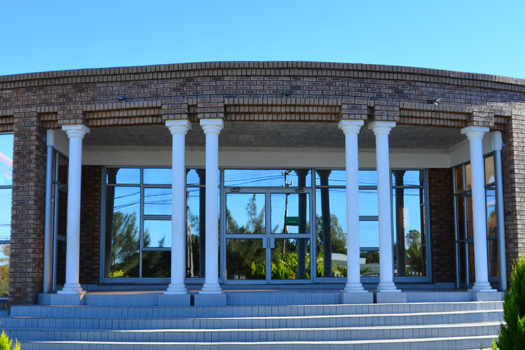
BEITBRIDGE Town Council’s $40 million water treatment plant, which was commissioned by former Vice-President Phelekezela Mphoko in August last year, is still not being utilised, Southern Eye can reveal.
BY MTHANDAZO NYONI
The water plant, which took almost nine years to complete, was built by China International Water and Electrical Corporation.
It has the capacity of treating 4 000 cubic metres of water per hour and was expected to deliver water up to 40km into the rural areas.
But investigations by Southern Eye reveal that the plant was still lying idle, while residents suffer perennial water shortages.
Residents in the border town blamed the Zimbabwe National Water Authority (Zinwa) for selling them a dummy.
“The water treatment plant that was commissioned by Phelekezela Mphoko last year is not yet connected and we wonder why. By commissioning of the plant last year, we thought water challenges at the border town would be a thing of the past, but alas, we were lying to ourselves,” one resident who preferred anonymity said.
Contacted for comment, Beitbridge acting town clerk Loud Ramagkapola referred Southern Eye to Zinwa, saying the water authority was responsible for the plant.
- Chamisa under fire over US$120K donation
- Mavhunga puts DeMbare into Chibuku quarterfinals
- Pension funds bet on Cabora Bassa oilfields
- Councils defy govt fire tender directive
Keep Reading
Zinwa spokesperson Tsungirai Shoriwa requested written questions, but he had not responded to an email sent to him more than a fortnight ago.
Efforts to contact him on his cellphone also hit a brickwall as it went unanswered.
Residents urged the government to take the issue seriously so as to avert water challenges in the town.
Beitbridge is facing serious water shortages, which heightened soon after Zinwa introduced prepaid water metres.
The town, with an estimated population of 60 000, inclusive of 13 000 in transit, requires close to 15 000 cubic metres of water daily.
But due to a number of logistical issues, Zinwa was only supplying the local authority with 3 000 cubic metres per day.
As such, the plant was viewed as a panacea to the town’s water woes.











